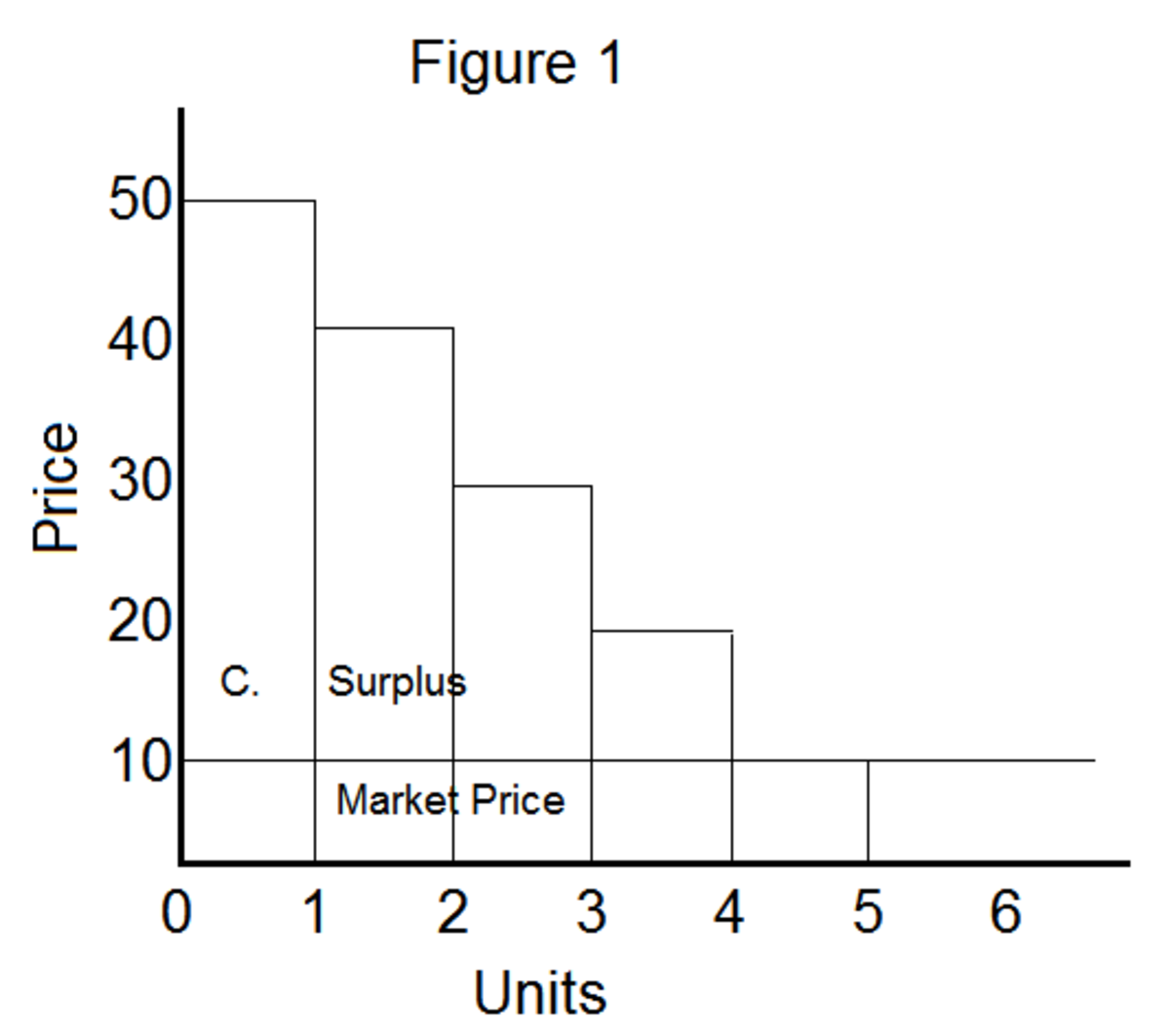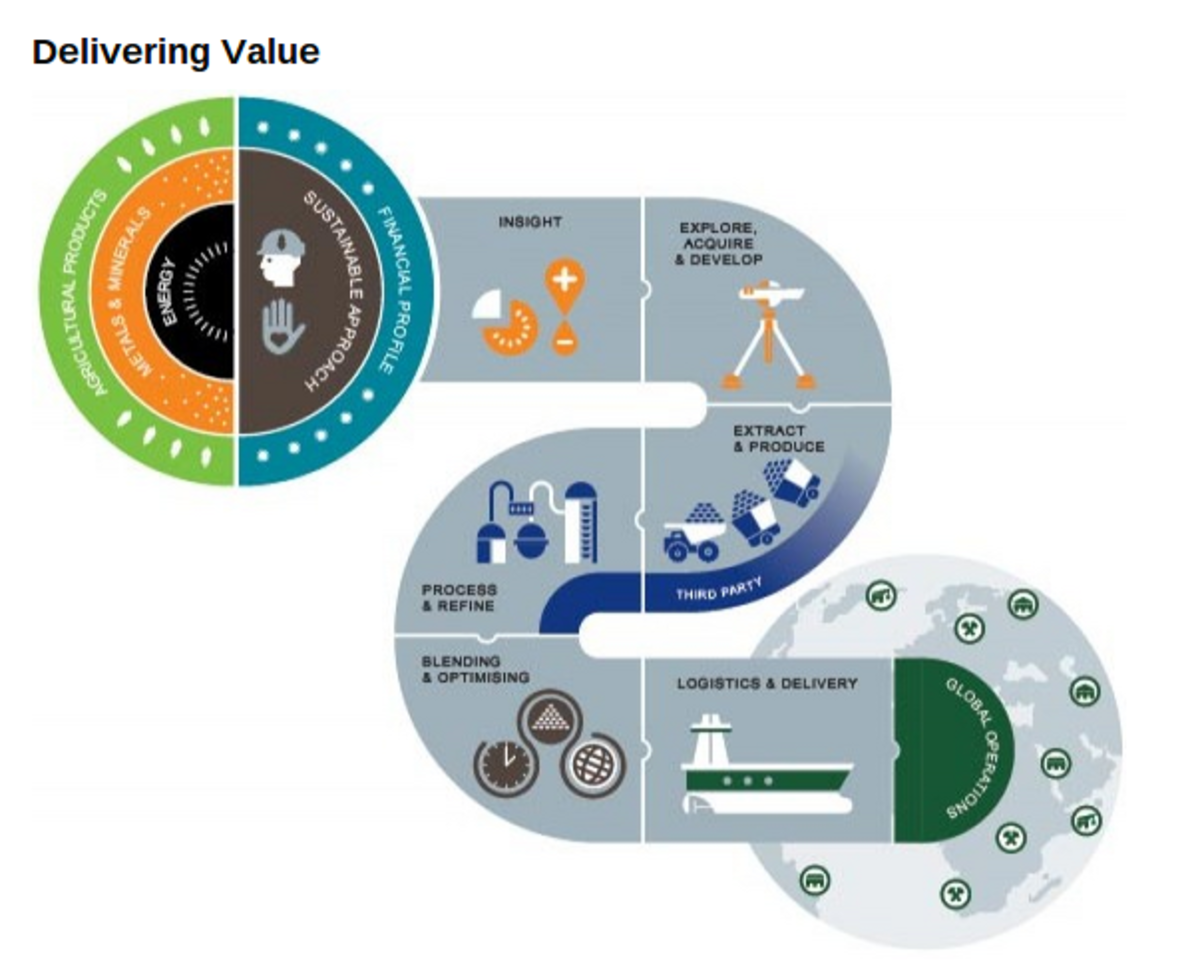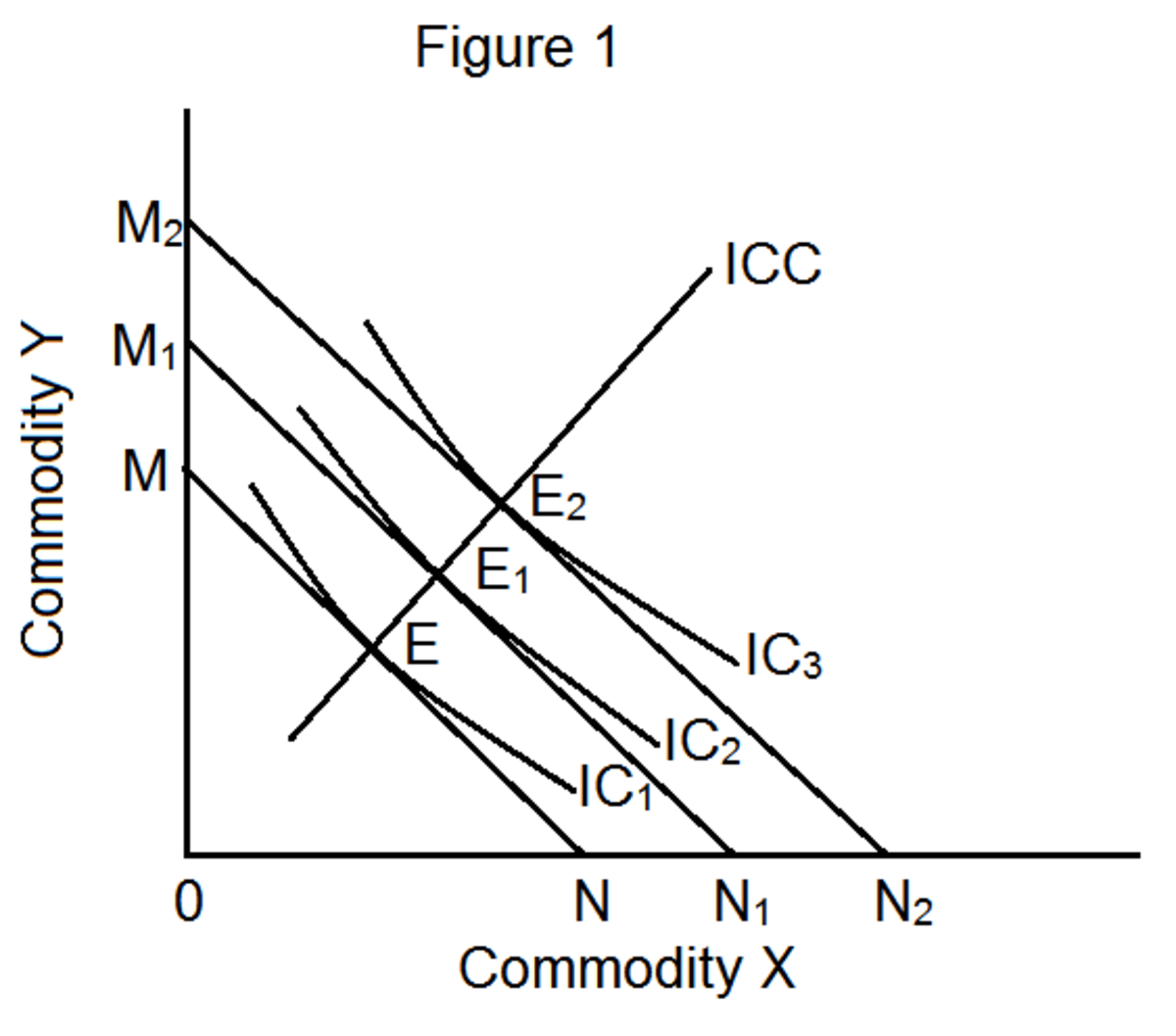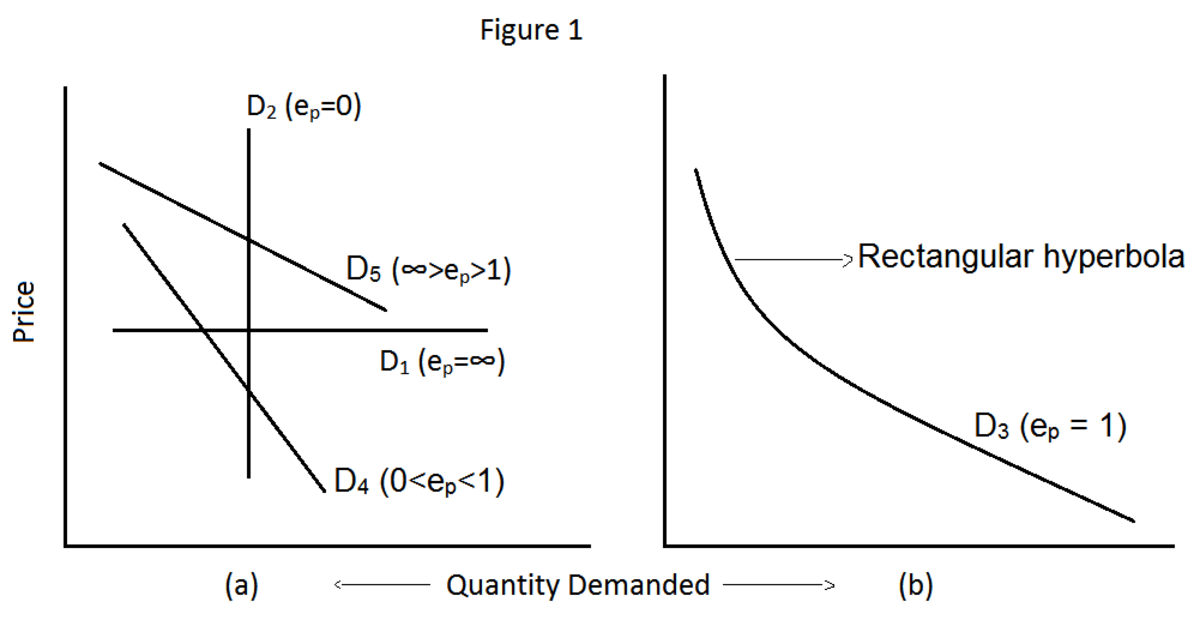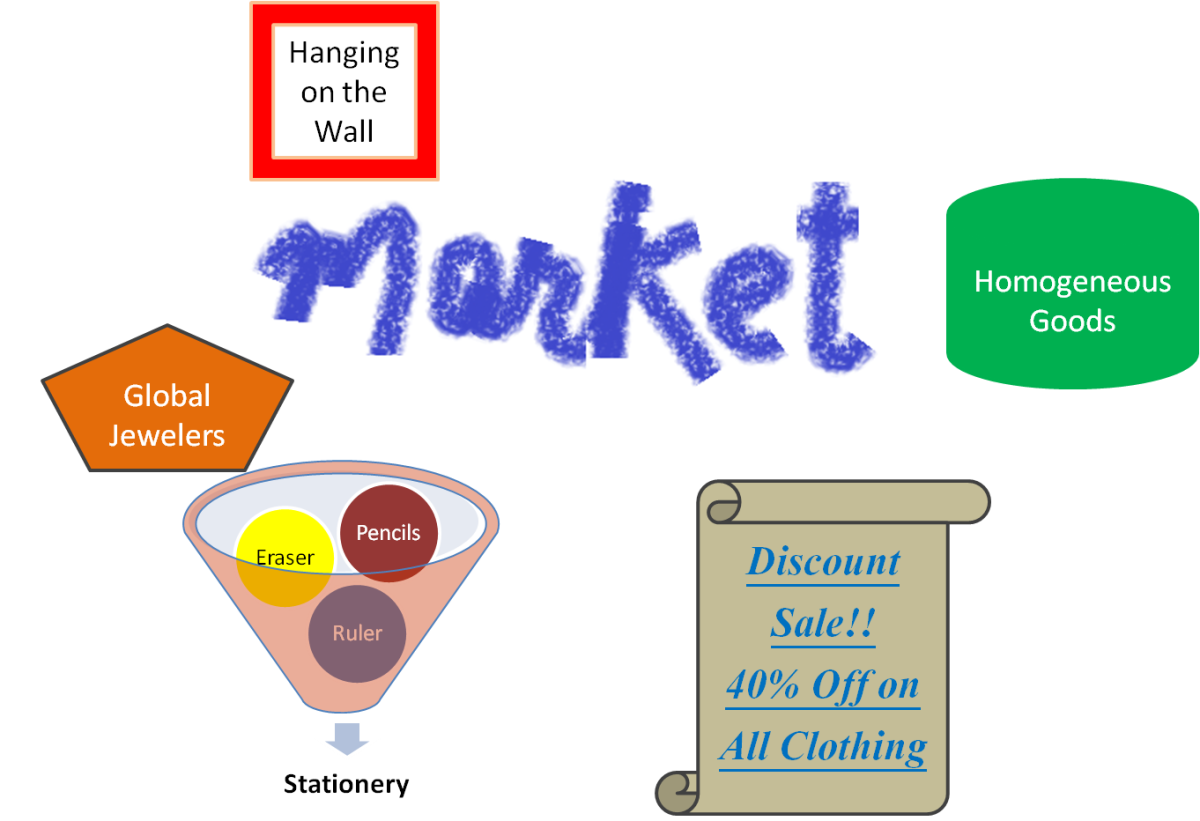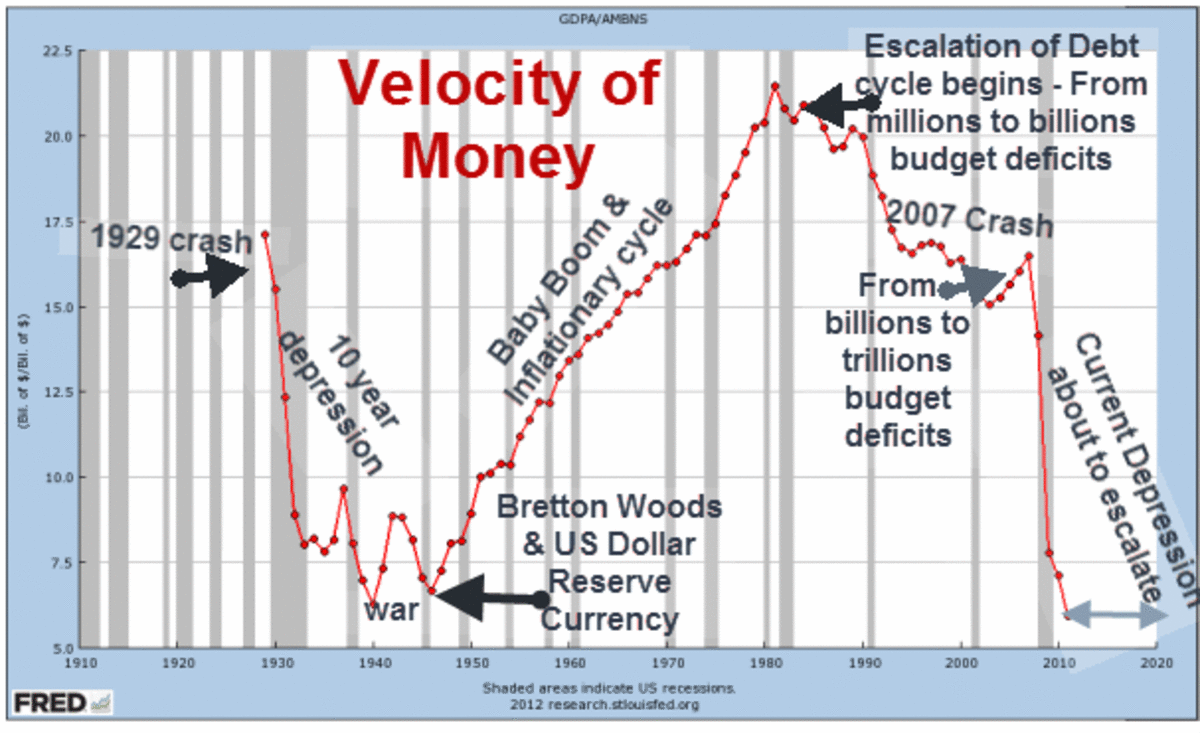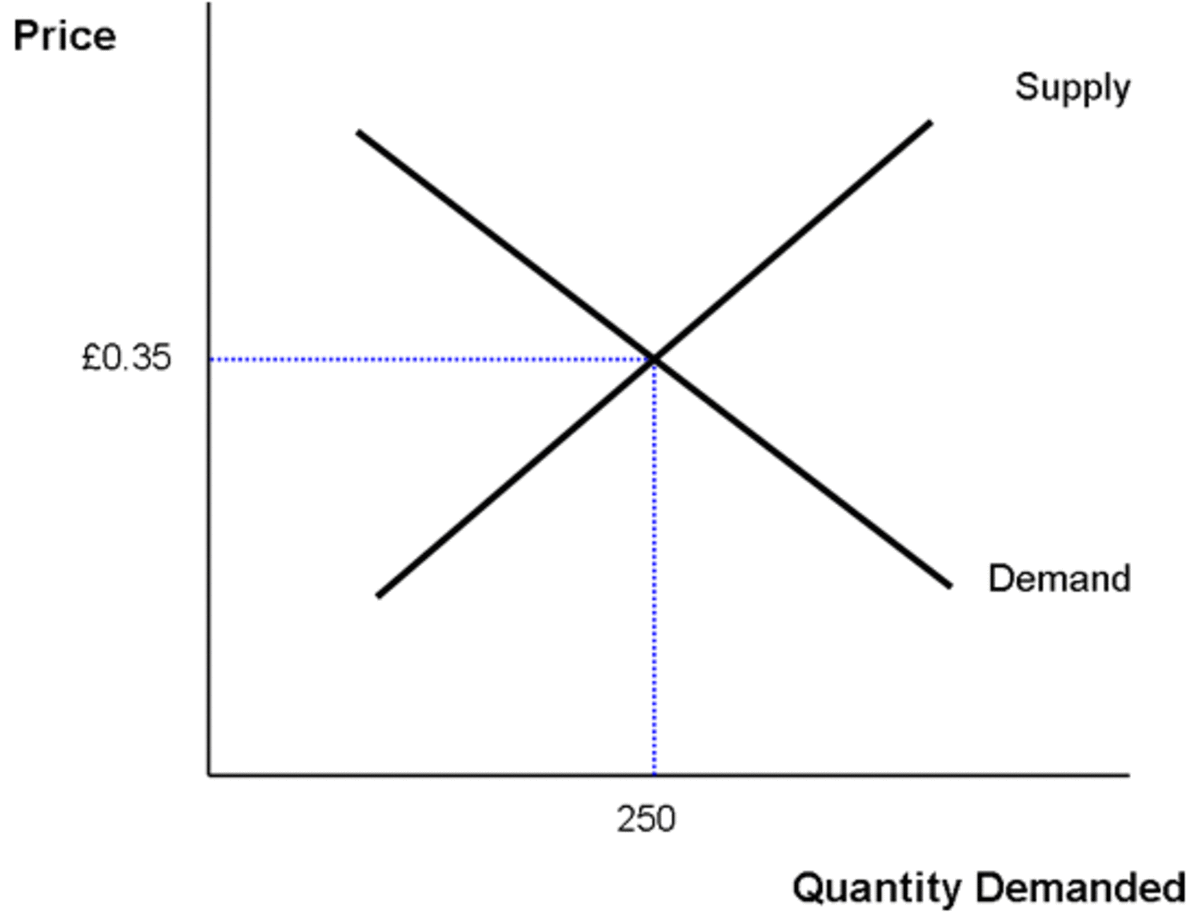What is Dumping and How to Regulate Monopoly?

Introduction
Monopoly is a market, where large number of customers meets a single seller to purchase commodities. In other words a single supplier sells the entire market commodities. In such a market the price of the commodity is determined by the supplying firm itself. Normally the monopolist charges higher prices because the ultimate aim of the monopolist is nothing but the ‘profit maximization’ itself. To make more profit, a monopolist adopts different methods like hiding his excess capacity of production, over charging of price etc. Dumping is one of the methods used by monopolist to earn more profits. This hub very briefly described about the practice of dumping and its concept. Further the hub also provides info about how to regulate monopoly firm.
What is Dumping ?
As mentioned above, dumping is a practice of monopolist to maximize profits. Dumping refers to the process of charging of higher price in the domestic or internal market and lower price in foreign or external market for the same commodity.
Why Dumping ?
There are many reasons or sources that encourage a monopolist to practice dumping. For example, the monopolist may sell products at lower price in foreign market because of some secret financial motives. Another possibility for dumping is the trade and tariff etc. If the export duty is very low or domestic country promotes export, the monopolist can able to sell commodity at lower price in foreign market. Similarly, if the domestic country restricted the over importing, the firm can build a geographical monopoly. It leads to increasing the price of the commodity of the monopolist in the market.
How to Regulate Monopoly?
Monopolist aims to maximize his profits. So, the monopolist follows any method or strategies to accomplish his desires. The problem of monopolist is that it may lead to the concentration of economic power in the hands of rich or few people. That is it will create or elaborate the disparity between rich and poor. So, the monopolist is not a good partner in the economy. So, controlling or regulation of monopolist is very urgent to avoid economic issues. Actually government can able to control the monopoly power in the economy. Mainly there are two methods used to control monopolist. They are
1) Price controller
2) Taxation
Each of them is described very briefly as follows.
1) Price Controller
Since the monopolist can able to fix the price for his commodity, he may be fix higher price to earn more profit. Generally the government can control it by using price controller in two ways like price ceiling and price floor. Price ceiling is the remedy to control monopolist. Price ceiling is the process of fixing of a maximum price for a particular commodity. Once it has imposed by the government, the monopolist cannot charge a price more than price ceiling level.
2) Taxation
Taxation is another way to reduce the exploitative profits earned by the monopolist. The government can impose taxes on the monopolist firm which reduces the super normal profits earned by the monopolist. Generally there are three types of taxes the government can adopt.
a) Lump sum tax: Lump sum tax is one where the government can earn money in whole or a sum depending on the output produced by the firm.
b) Per unit tax: Here the government can earn revenue as tax on the basis of each output that the monopolist has produced.
c) Profit tax: In this case the government can earn a portion as tax from the profit which the monopolist has earned.
In short, imposition of taxes reduces the over profits earned by the monopolist. So the society can control the possibility of extreme inequality.

